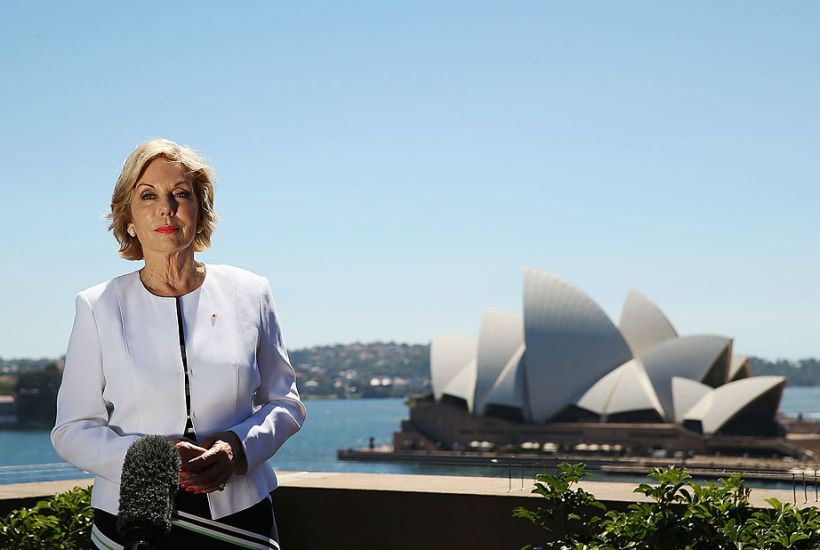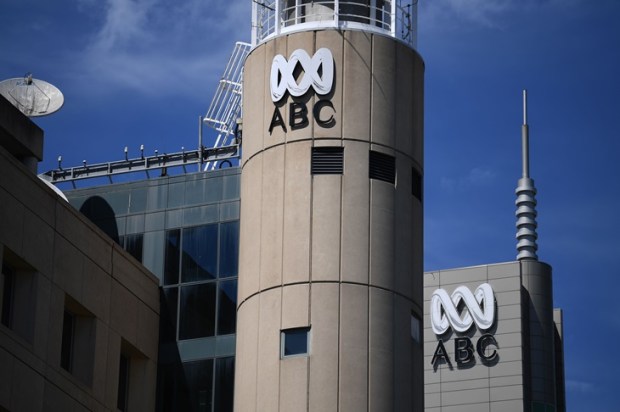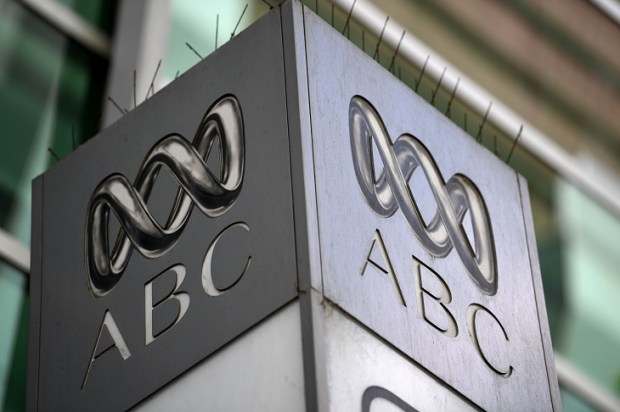The ABC is going to Bankstown. That’s right. In a bizarre move that highlights how insular the organisation has become, ABC chairwoman Ita Buttrose and managing direction David Anderson will join dozens of staff for a two-day visit to the Sydney suburb 17 kilometres from its Ultimo HQ.
As the Nine Network’ tabloids reported last week, staff will engage in a planning workshop focused on making content that is more relevant to average Australians, discuss local issues, eat at local restaurants and speak with community groups.
This could be viewed as the ABC making a genuine effort to get in touch with part of the Australian community that it is failing to represent. But the fact that Australia’s national broadcaster needs to organise a special excursion to visit a suburb that is almost as distant as what the last Census found was the average Sydney car commute says all you need to know about how insular and out of touch the ABC has become.
This is an organisation that employs thousands of journalists, producers and other staff around the country. It’s an organisation with supporters who claim its existence is vital to Australian democracy. Yet it is now so disconnected from mainstream Australia that it has begun treating people who live less than 20 kilometres away as akin to a foreign population that must be studied in their native environment.
It’s this disconnect that explains why so many Australians view the ABC as biased and out-of-touch.
ABC journalists don’t lack professionalism or integrity. They don’t wilfully ignore the ABC’s obligation “to ensure that the gathering and presentation… of news and information is accurate and impartial according to the recognized standards of objective journalism”. On the contrary, most ABC journalists are committed to these standards.
But they fail to uphold them because they are in a bubble. They are surrounded by colleagues who live in the same inner-city suburbs, who have the same perspectives and opinions on everything from politics and culture to science and religion. Not only that. They ofter hire their own – spouses, partners and children – because they know how the organisation works. They are simply unaware that the views of ABC staff aren’t an accurate reflection of the wider community.
This is the perfect recipe for groupthink. It breads an insular and sometimes arrogant culture that treats views outside the prevailing progressive perspective as illegitimate.
Of course not all examples of ABC bias can be ascribed to groupthink. The ongoing ban on IPA staff appearing on its daily panel show The Drum is one example that is obviously the result of an editorial decision – at the time of writing it has been over 520 days since an IPA staff member appeared on the program.
But most can be, and a few short trips to the outer suburbs of our major capital cities isn’t going to change a thing.
If the ABC really wants to appeal to a larger audience then it should hire staff who disagree with the prevailing soft-left bias that is so clearly detectable in its coverage.
Earlier this year it seemed the ABC might finally have a chairwoman intent on taking this approach, with Buttrose telling ABC Radio in March that the ABC “could do with more diversity of views” because “sometimes I think, people without really knowing it, let a bias show through.”
But Buttrose has since done an about-face and indicated that she has no intention of hiring conservatives who don’t fit with the prevailing ABC culture.
In a recent interview with One Plus One host Jane Hutcheon, Ms Buttrose was asked whether Scott Morrison had told her that the ABC needed more Andrew Bolts or Miranda Devines. She responded by saying she didn’t think Andrew Bolt would be a good fit for the ABC (evidently things have changed since Bolt was a co-host on Jon Faine’s 774 Conversation Hour, and spent a decade as a regular panellist on Insiders.
Ms Buttrose also clarified that what she wanted was for the ABC to become culturally diverse, so that it better reflected the diversity she saw when she visited school playgrounds as Australian of the year. Presumably, this means she wants more racial, ethnic, and gender diversity, but not diversity of opinion.
There is no reason why Andrew Bolt, in particular, should be hired by the ABC. As his column on Sunday made clear, he has no plans of leaving News Corp.
But the fact that Andrew Bolt wouldn’t be a good cultural fit for the ABC is exactly why the ABC needs more mainstream conservatives like Andrew Bolt.
Having a more racial, ethnic, and gender diverse staff is all well and good, but it will do nothing to help the ABC create content that is more relevant to average Australians – not if the new staff share all the same views and opinions as the current staff. This will simply prolong the disconnect between the ABC and the mainstream Australians that it is failing to represent.
The ABC’s culture isn’t going to change while it is protected from market forces by lavish taxpayer funding. Ideally, it should be privatised. But at the very least it should be made more accountable to the people who fund it – Australian taxpayers.
This could be done by giving taxpayers a simple choice of whether they fund the ABC, all it would require is a box for people to tick when they submit their tax returns. Taxpayers who see value in the ABC could choose to fund it while taxpayers who it is out of touch could choose to not.
Given how vital the ABC is for the preservation of Australian democracy – as its supporters so often claim – the vast majority of Australians will no doubt happily tick the box and the impact on the ABC’s budget will be negligible. Such a small drop in funding could easily be covered by donations or other revenue streams.
Of course, if the ABC isn’t quite as popular as its supporters claim – if a large number of people think it is arrogant and out of touch, for example – then it just might give them an incentive to change. It surely has a better chance of success than a two-day visit to Bankstown.
Patrick Hannaford is a research fellow at the Institute of Public Affairs.
Got something to add? Join the discussion and comment below.
Got something to add? Join the discussion and comment below.
Get 10 issues for just $10
Subscribe to The Spectator Australia today for the next 10 magazine issues, plus full online access, for just $10.


























Comments
Don't miss out
Join the conversation with other Spectator Australia readers. Subscribe to leave a comment.
SUBSCRIBEAlready a subscriber? Log in